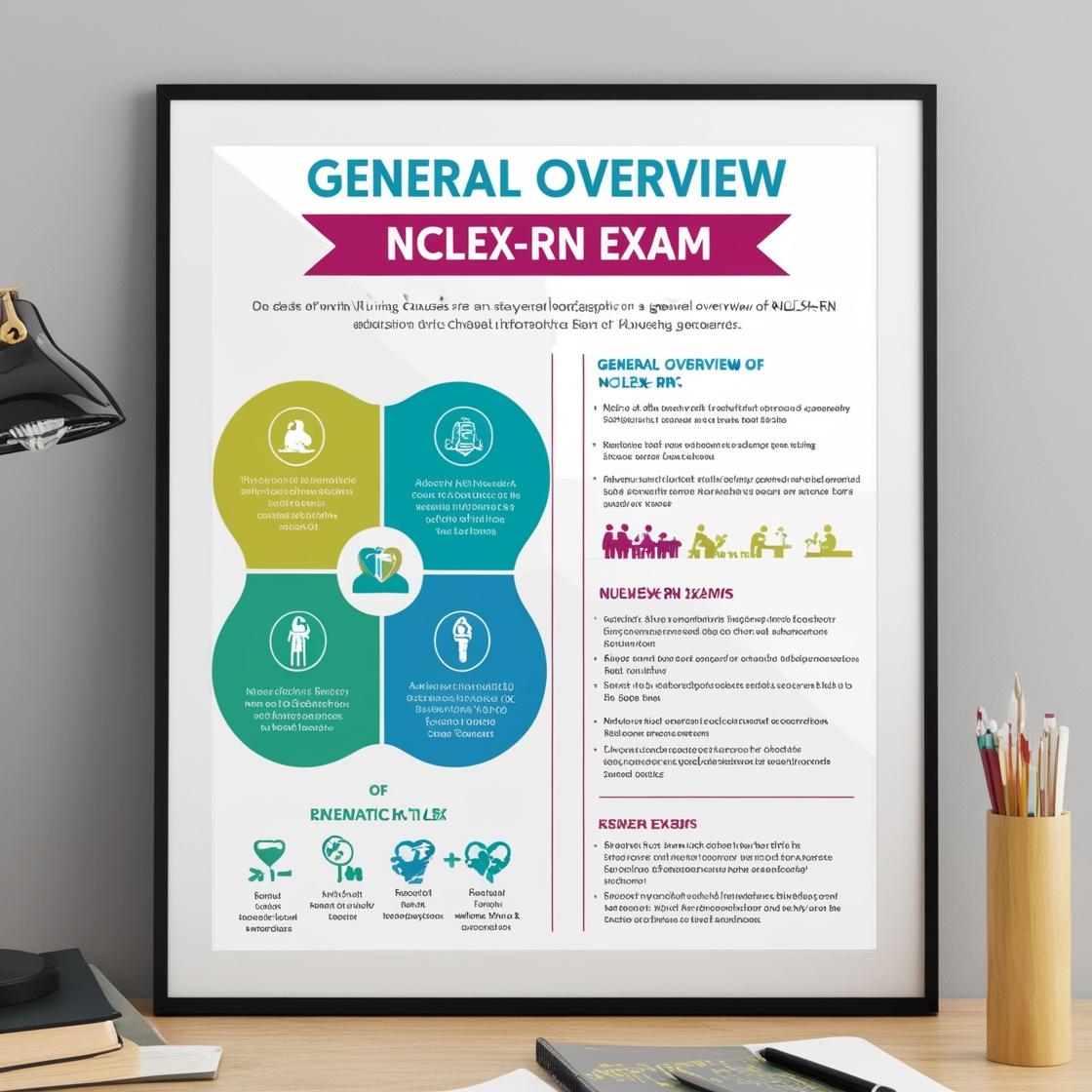NCLEX-RN
Psychosocial Integrity NCLEX Questions Quizlet
1. Which client is most likely to be at risk for spiritual distress?
- A. Roman Catholic woman considering an abortion
- B. Jewish man considering hospice care for his wife
- C. Seventh-Day Adventist who needs a blood transfusion
- D. Muslim man who needs a total knee replacement
Correct answer: A
Rationale: The correct answer is the Roman Catholic woman considering an abortion. In the Roman Catholic faith, abortion is strictly prohibited, so making a decision regarding abortion can bring about spiritual distress. The Jewish faith does not have restrictions on hospice care. It is Jehovah's Witnesses, not Seventh-Day Adventists, who do not accept blood transfusions due to religious beliefs. Additionally, there are no religious prohibitions against joint replacement in the Muslim faith.
2. A client is being treated for anxiety and desires to be free from anxious feelings and despair. According to Maslow's hierarchy of needs, which level does this client need to meet?
- A. Physiological
- B. Safety
- C. Belonging
- D. Self-esteem
Correct answer: B
Rationale: According to Maslow's hierarchy of needs, safety needs come right after physiological needs. Safety needs include feelings of security and stability. When a client is treated for anxiety and seeks to be free from anxious feelings and despair, they are primarily aiming to meet their safety needs. By addressing anxiety and moving towards a sense of safety, the client can progress to addressing higher-level needs. Choices A, C, and D are incorrect in this scenario. Physiological needs (Choice A) refer to basic needs like food, water, and shelter. Belonging (Choice C) and self-esteem (Choice D) are higher-level needs in Maslow's hierarchy that come after safety needs. Therefore, the most appropriate level for the client in this case is safety.
3. Which nursing diagnosis has the highest priority when planning care for a client with an indwelling urinary catheter?
- A. Self-care deficit
- B. Functional incontinence
- C. Fluid volume deficit
- D. High risk for infection
Correct answer: D
Rationale: The correct answer is 'High risk for infection.' When caring for a client with an indwelling urinary catheter, the highest priority is to prevent infections, as these catheters are a significant source of infection. Options A and B, self-care deficit and functional incontinence, may be concerns but are not directly related to the indwelling catheter. Option C, fluid volume deficit, is not typically associated with the presence of an indwelling urinary catheter.
4. A 17-year-old Asian client is being seen for lower abdominal pain in the right quadrant. The client is accompanied by his parents. The nurse notes that the client's father does not make eye contact and shows little response when told that the client will need surgery. Which of the following is the most appropriate action of the nurse?
- A. Contact an interpreter to give the information again in the father's native language
- B. Continue to provide information about surgery to both the client and his parents
- C. Call social services to evaluate the parent's standard of care
- D. Contact the physician about postponing the surgery
Correct answer: B
Rationale: Nurses may work with clients who have varying cultural beliefs. Because of this, nurses must remain aware of the cultural practices associated with certain ethnic groups. Asian Americans may avoid eye contact as a sign of respect; additionally, emotional responses may be avoided except for in private situations. If this family did not have a language barrier, the nurse should continue to provide appropriate information about the surgery and recognize the cultural differences that exist. Contacting an interpreter is not necessary as there was no mention of a language barrier. Calling social services to evaluate the parent's standard of care is premature and not within the nurse's immediate scope of practice. Contacting the physician about postponing the surgery is not warranted based on the information provided.
5. An older client who had abdominal surgery 3 days earlier was given a barbiturate for sleep and is now requesting to go to the bathroom. Which action should the nurse implement?
- A. Assist the client to walk to the bathroom and do not leave the client alone.
- B. Request that the UAP assist the client onto a bedpan.
- C. Ask if the client needs to have a bowel movement or void.
- D. Assess the client's bladder to determine if the client needs to urinate.
Correct answer: A
Rationale: Barbiturates cause central nervous system (CNS) depression, increasing the risk of falls. Therefore, the nurse should assist the client to the bathroom to ensure safety. Using a bedpan is not necessary if the client can safely walk to the bathroom. Asking about bowel movements or voiding, as in option C, is irrelevant to the immediate safety concern of assisting the client to the bathroom. Assessing the client's bladder, as in option D, is unnecessary in this situation as there is no indication that the client cannot communicate his or her needs effectively. The priority here is to prevent falls and ensure the client's safety while assisting to the bathroom.
Similar Questions

Access More Features
NCLEX RN Basic
$69.99/ 30 days
- 5,000 Questions with answers
- Comprehensive NCLEX coverage
- 30 days access @ $69.99
NCLEX RN Premium
$149.99/ 90 days
- 5,000 Questions with answers
- Comprehensive NCLEX coverage
- 30 days access @ $149.99
